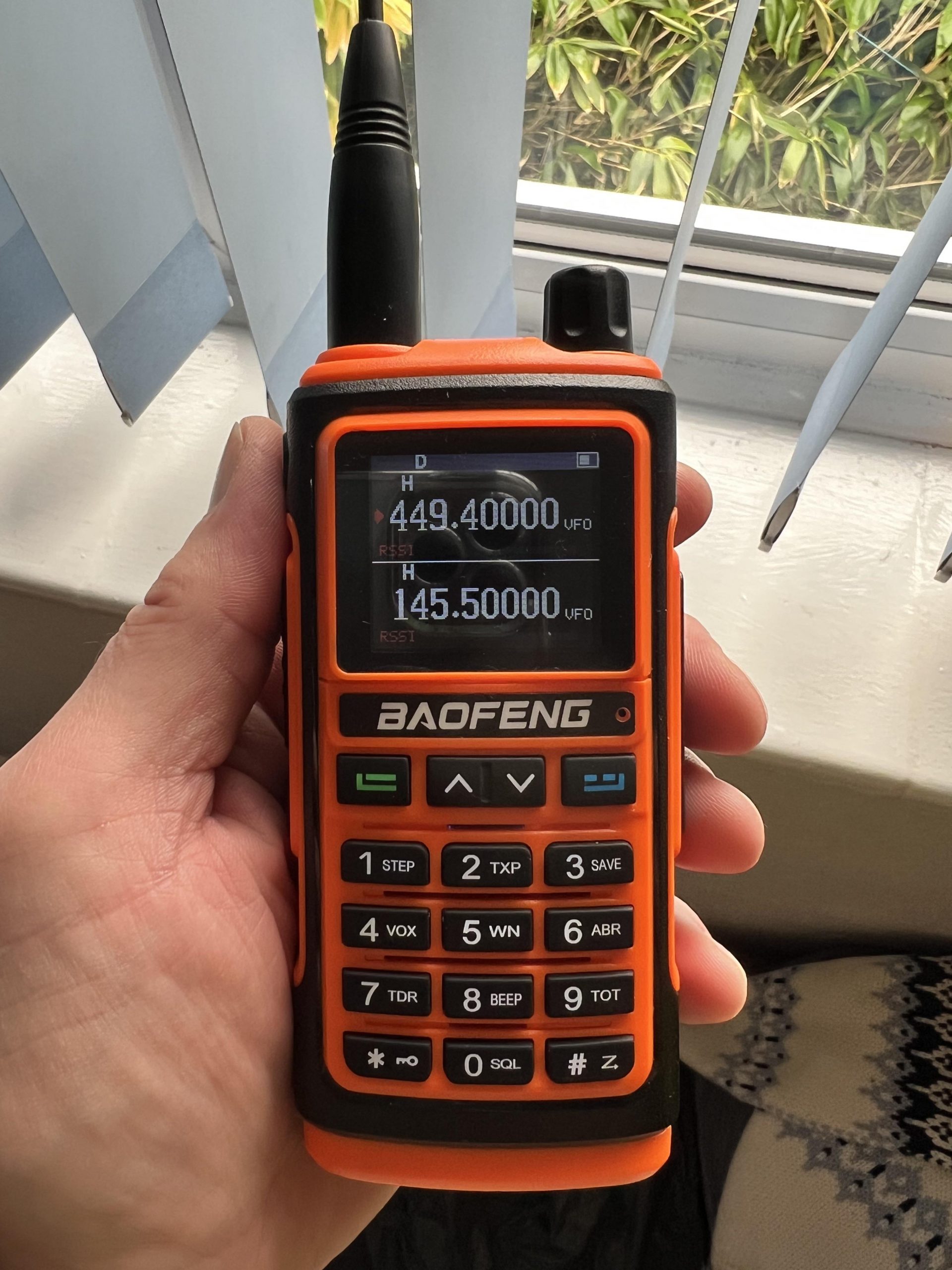In today's interconnected world, radio communication plays a pivotal role in various industries, including telecommunications, aviation, emergency services, and broadcasting. However, despite its widespread use, radio communication faces several challenges that can hinder its effectiveness and reliability. In this blog post, we will delve into the intricacies of radio communication and explore the key challenges it encounters. By understanding these challenges, we can work towards finding innovative solutions to enhance the efficiency and performance of radio communication systems.
- Spectrum Congestion:
One of the foremost challenges in radio communication is spectrum congestion. With the ever-increasing demand for wireless services, the limited frequency spectrum becomes overcrowded, leading to interference and reduced signal quality. This congestion poses a significant hurdle in maintaining clear and uninterrupted communication, especially in densely populated areas or during critical situations. - Interference and Noise:
Radio signals are susceptible to various forms of interference and noise, which can degrade the quality of communication. External factors such as atmospheric conditions, electromagnetic radiation from other devices, and physical obstructions can introduce unwanted signals and distortions. Overcoming these challenges requires advanced signal processing techniques, robust modulation schemes, and effective noise reduction algorithms. - Signal Propagation and Coverage:
Radio waves are subject to propagation limitations, which can affect the coverage area and signal strength. Factors like distance, terrain, and environmental conditions can cause signal attenuation, fading, and shadowing. These challenges become more pronounced in rural or remote areas, where establishing reliable communication links can be particularly challenging. Innovative antenna designs, signal amplification techniques, and strategic placement of communication infrastructure are crucial in overcoming these limitations. - Security and Privacy:
Ensuring the security and privacy of radio communication is another critical challenge. As radio signals can be intercepted and manipulated, unauthorized access, eavesdropping, and data breaches pose significant risks. Implementing robust encryption algorithms, authentication protocols, and secure transmission methods are essential to safeguard sensitive information and maintain the integrity of communication systems. - Compatibility and Interoperability:
In today's interconnected world, different radio communication systems and technologies coexist. However, ensuring compatibility and interoperability between these systems can be a complex challenge. Varying frequency bands, modulation schemes, and protocols can hinder seamless communication between different networks. Standardization efforts, such as the development of common protocols and interoperability frameworks, are vital to overcome these challenges and enable efficient communication across diverse platforms.
Conclusion:
Radio communication, despite its ubiquity, faces several challenges that demand innovative solutions. Spectrum congestion, interference, signal propagation limitations, security concerns, and compatibility issues are among the key hurdles that need to be addressed. By investing in research and development, adopting advanced technologies, and fostering collaboration among industry stakeholders, we can overcome these challenges and unlock the full potential of radio communication. Only by doing so can we ensure reliable, secure, and efficient communication in the ever-evolving digital landscape.



